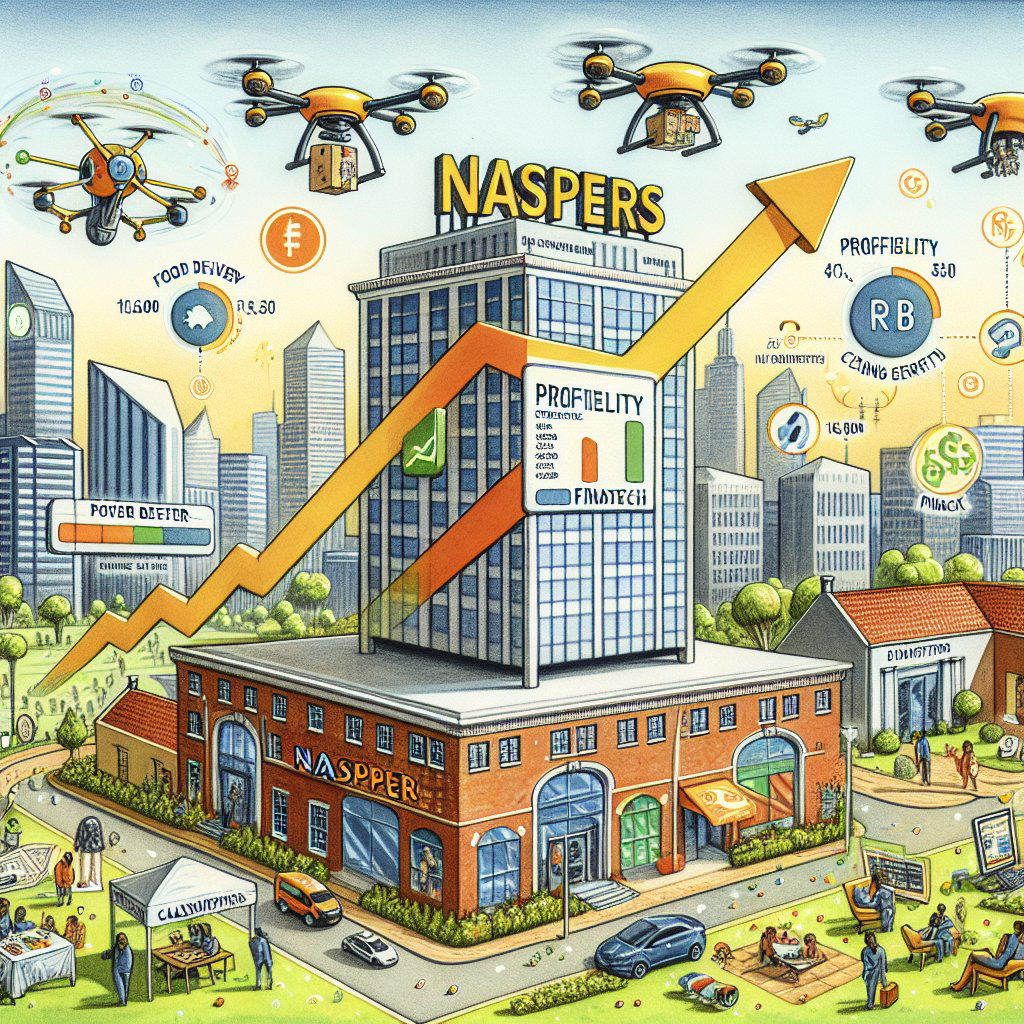Image: AI generated for illustration purposes
Naspers Accelerates Path to Profitability as Non-Tencent Ventures Thrive
In a definitive turn of events that marks a shift in focus from its heavy reliance on Chinese internet colossus Tencent, multinational conglomerate Naspers has announced that its numerous ventures are rapidly approaching profitability. Mirroring the ambitious strides of emerging markets and the wider technology sector, Naspers has become a symbol of economic foresight and agility.
Headquartered in South Africa, Naspers has traditionally pegged a significant portion of its valuation to its direct stake in Tencent—a strategy that has reaped enormous profits over the years. However, amidst the challenges faced by Chinese tech companies due to regulatory crackdowns, the need to diversify and demonstrate the latent potential of Naspers' other investments grew increasingly apparent.
Naspers' journey into profitability has been well tracked, and recent announcements provide compelling evidence of this transition. With a target for its ventures, including the likes of food delivery, classifieds, fintech, and educational services, to reach profitability by the first half of the fiscal year 2025, the group now estimates this achievement to materialize by the second half of the current fiscal year, well ahead of schedule.
Interim Chief Executive Officer Ervin Tu, representing the group's corporate vision, underlined the tremendous strides Naspers has made in its mission for profitable growth. "Through active management of our portfolio, we have delivered improved results as our e-commerce portfolio is now close to break even and growing at scale," Tu elaborated in a statement this past Tuesday.
The measure of this success is not a matter of broad strokes but one meticulously traced by financial indicators. For the half year leading up to September 2023, Naspers reported a pivotal $2.9 billion consolidated e-commerce revenue—a significant uplift propelled by a 15% sustained topline growth, reportedly outpacing that of its peers.
The tangible signs of progress are also evident in the considerable shrinkage of trading losses, which plummeted by 65% to just $124 million for continuing operations—segregating from the equation the firm's discontinued involvement with OLX Autos. iFood, Naspers' South American escapade into food delivery, has apparently also transcended its forecast, achieving overall profitability earlier than expected.
Naspers' self-imposed preferred profit metric, core headline earnings, also reflect the company's burgeoning financial health, pegging earnings at an impressive 454 US cents, more than double the sum reported in previous years.
This report of accelerated profitability and earnings follows closely behind the revelation of a generous R1.6 billion dividend pay-out consequent of the unwinding of a complex cross-holding structure between Naspers and its international arm, Prosus. Investors and market analysts alike are tuning in closely to the evolving narrative of Naspers' economic renaissance.
The news does not just signal a corporate success story; it is reflective of a broader market sentiment that celebrates mobility, adaptability, and the kind of strategic investment acumen that positions companies like Naspers at the forefront of the digital economy. It will be observed with keen interest how Naspers continues to pivot its vast portfolio in the dynamic tech sector.










